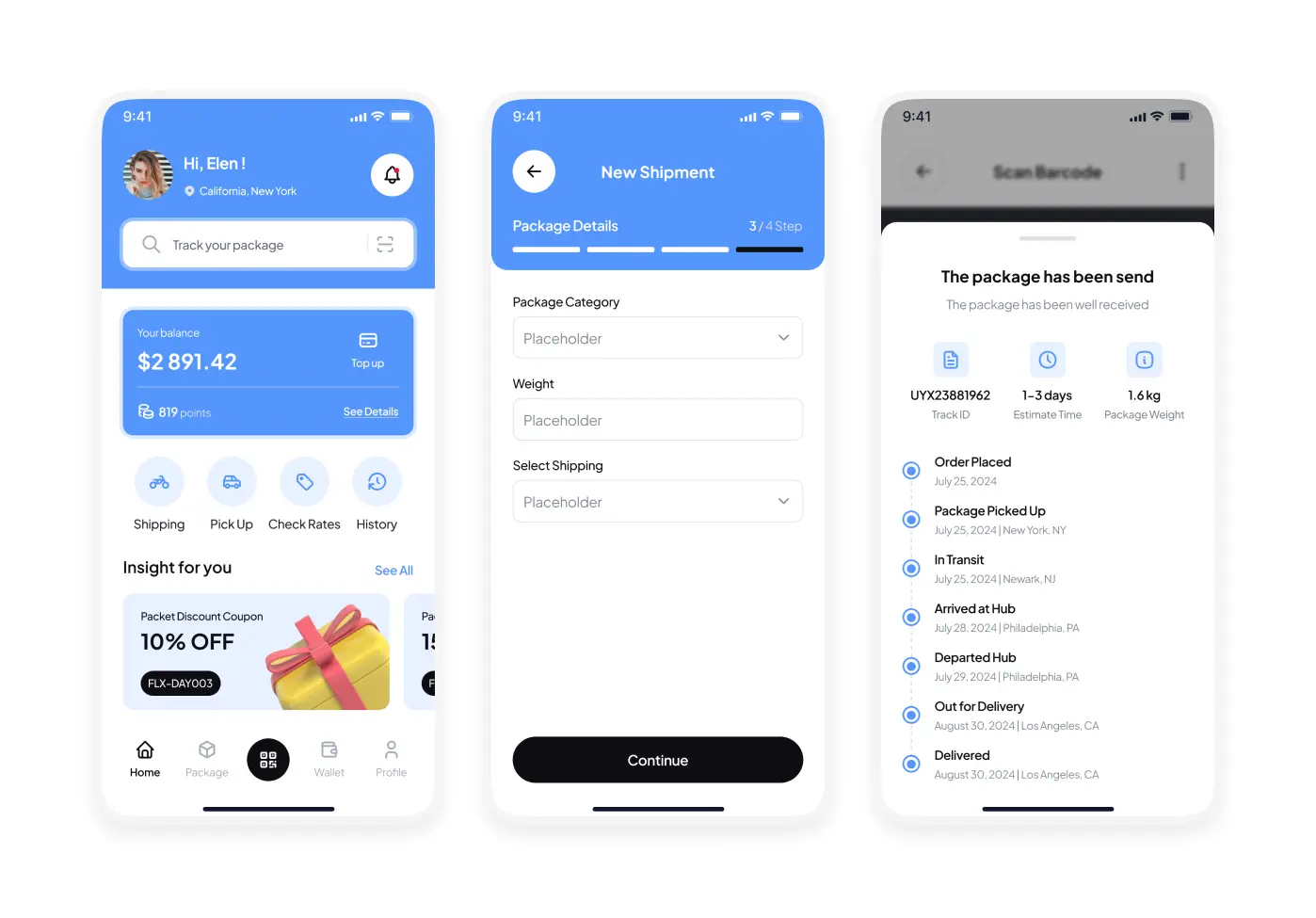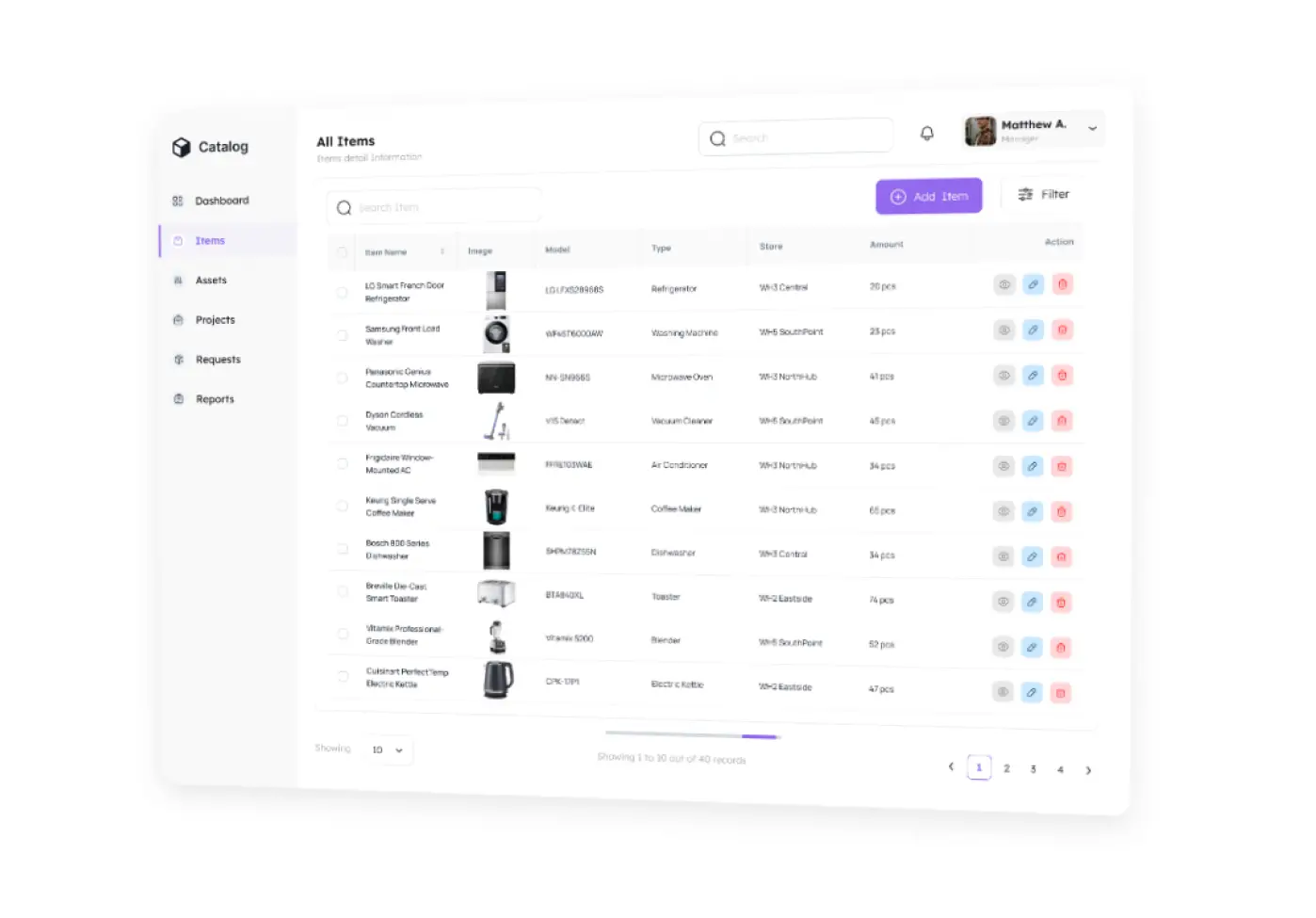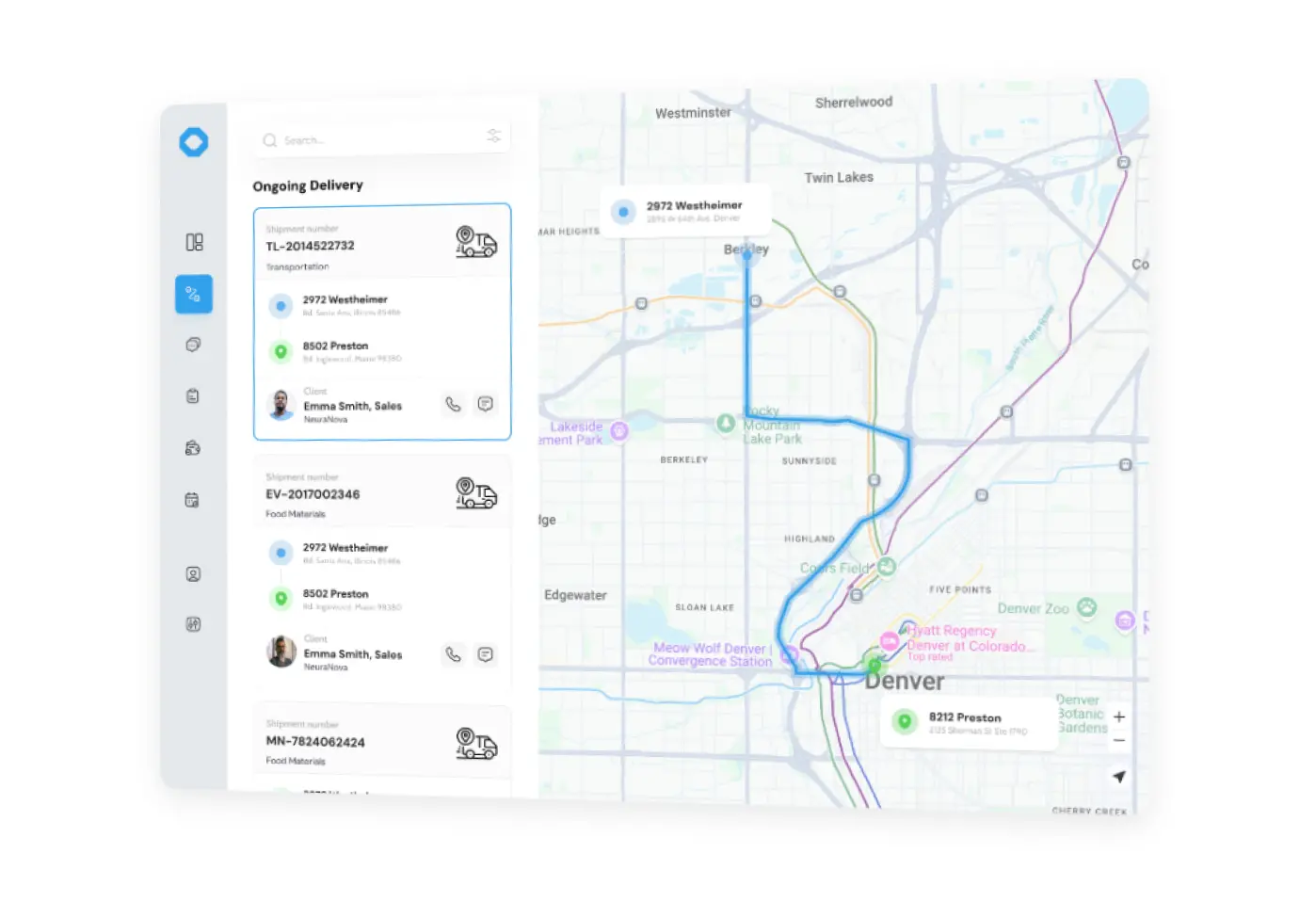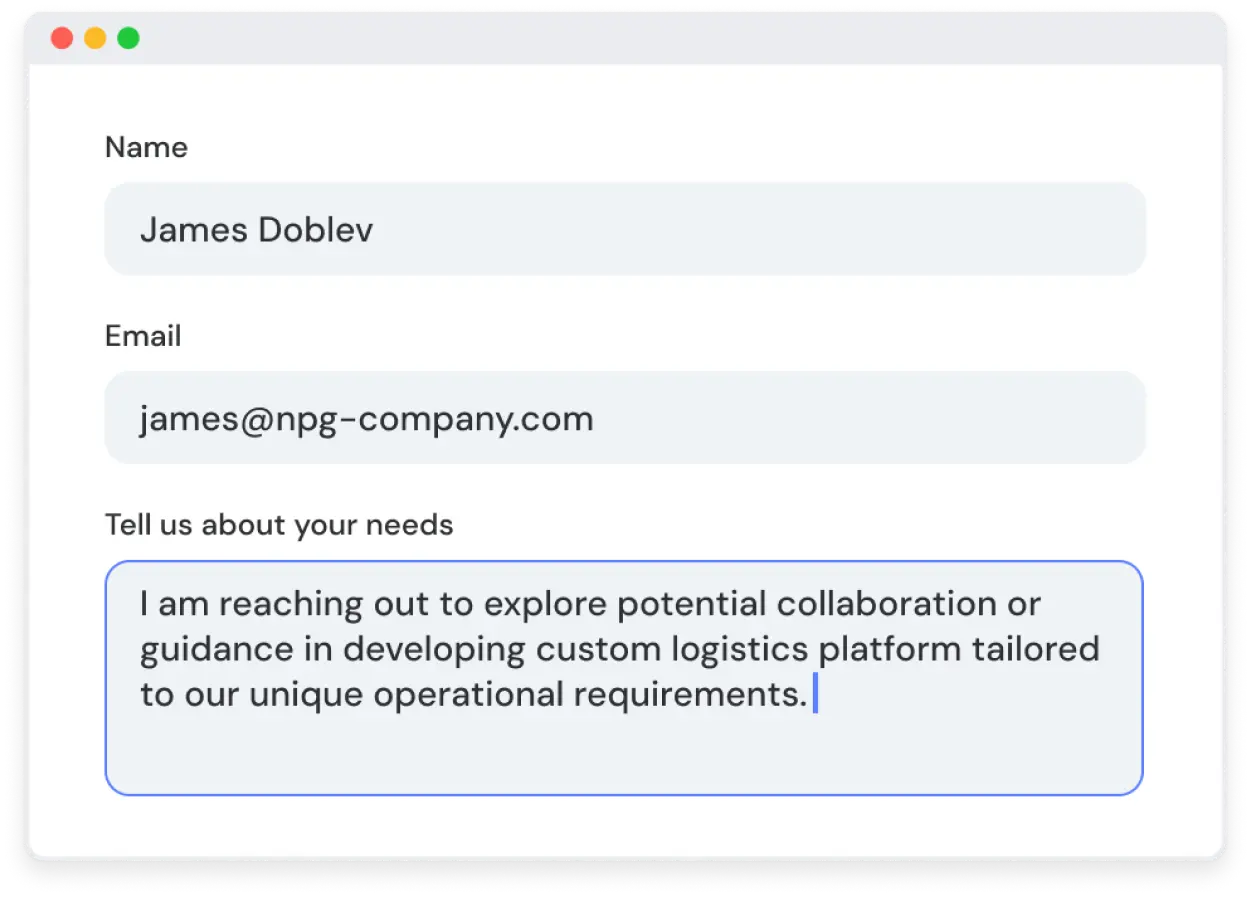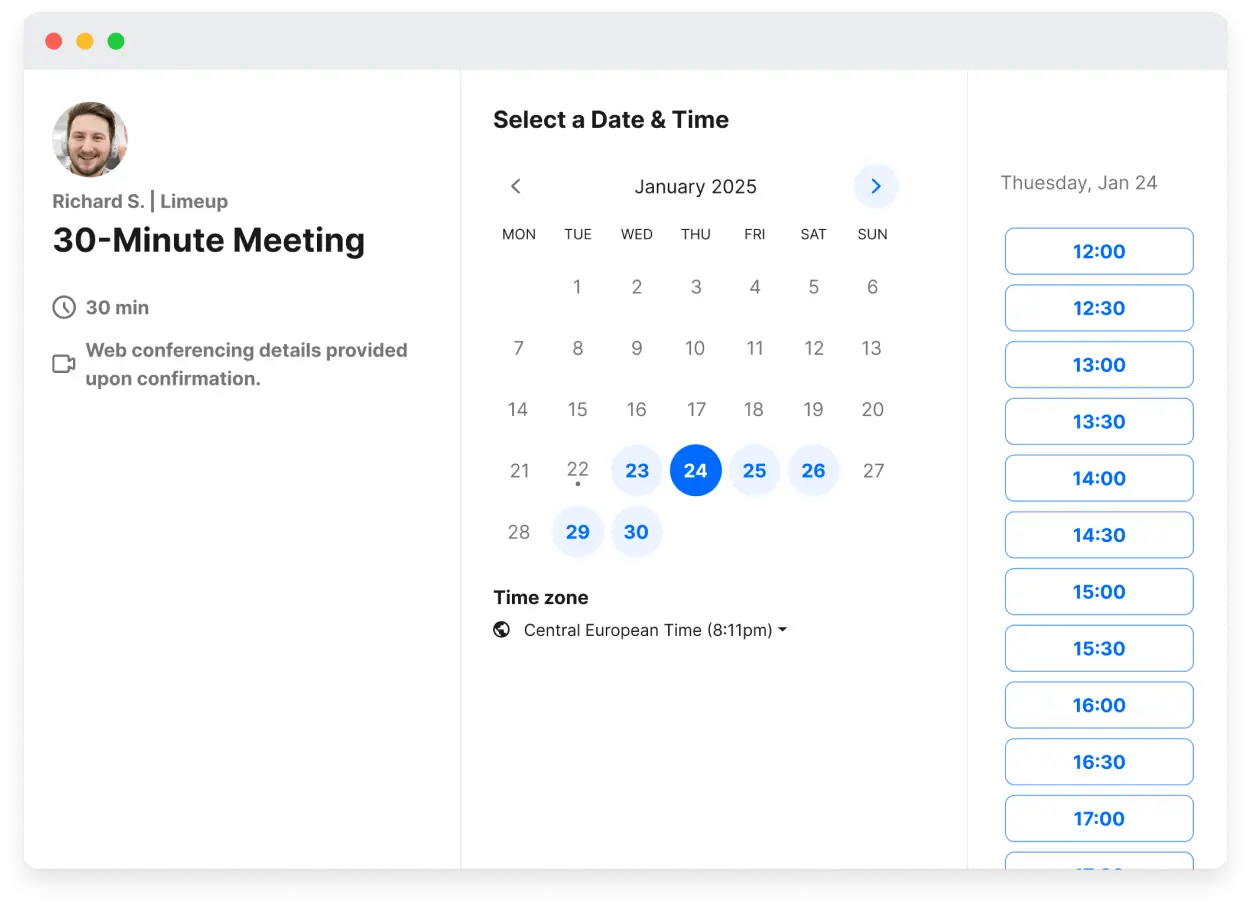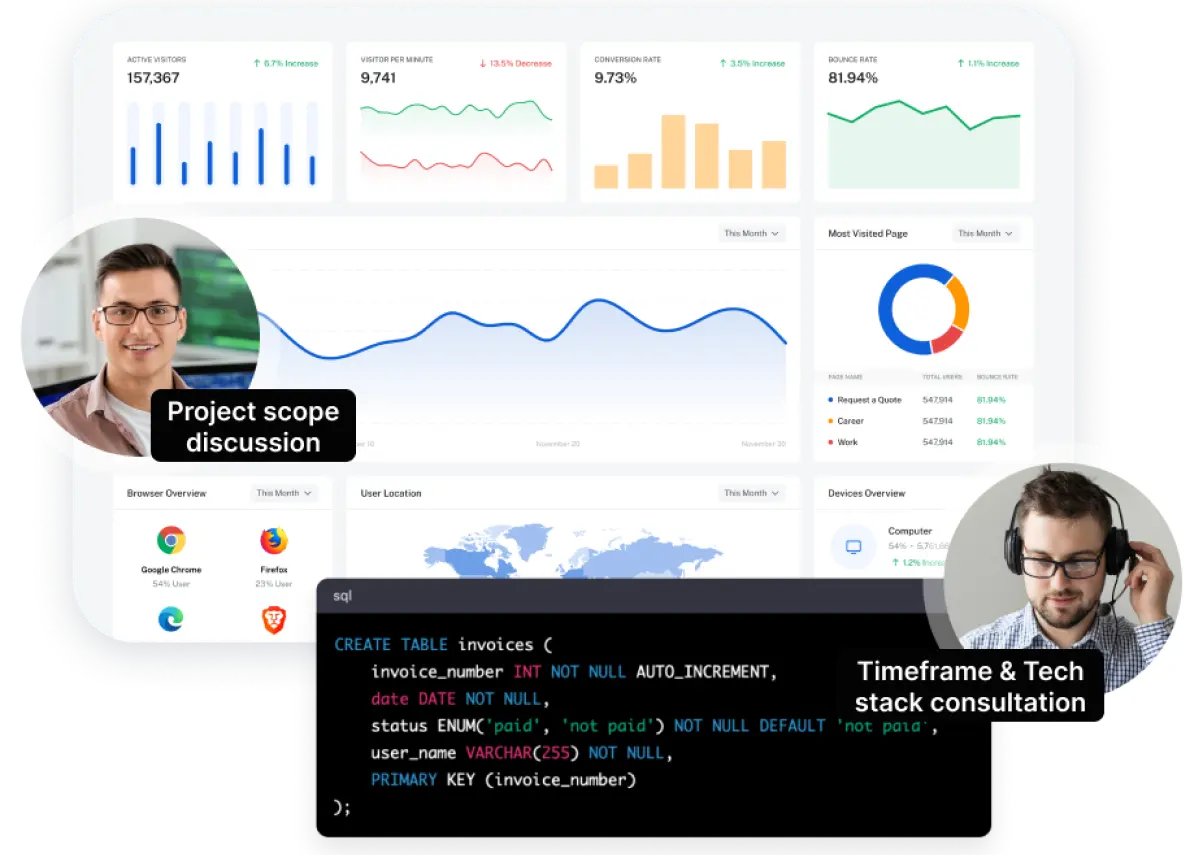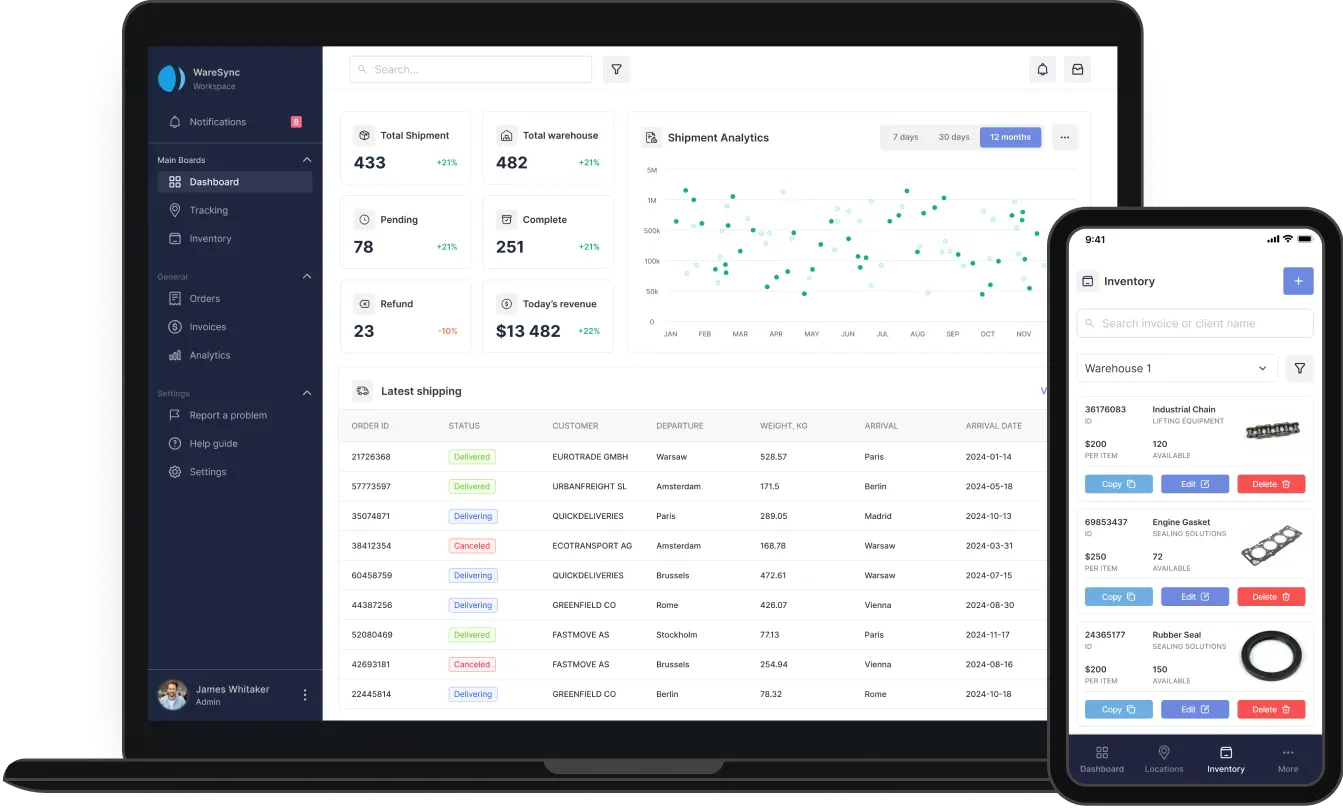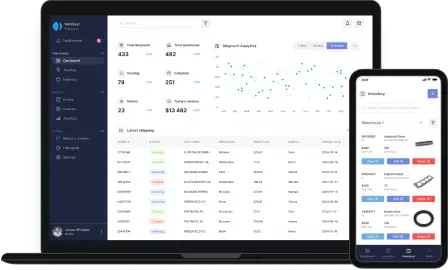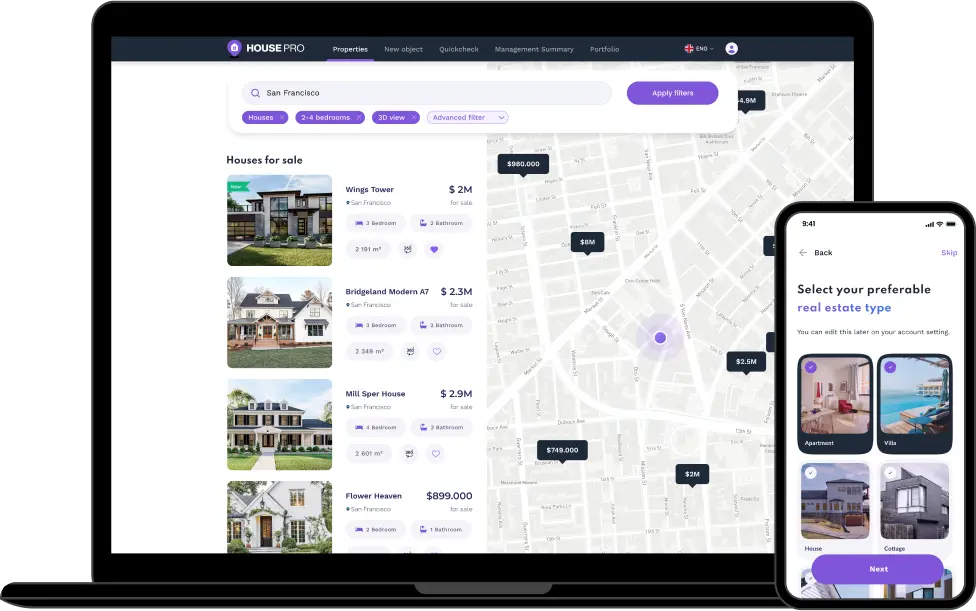Who is the greatest beneficiary of logistics management software?
Companies across various sectors can significantly improve their workflows, reduce costs, and enhance customer satisfaction by adopting such solutions.
Manufacturing companies are among the biggest beneficiaries. Managing raw materials, production schedules, and delivery timelines requires seamless coordination. Logistics software helps automate processes, track inventory in real time, and ensure timely deliveries to customers.
Retailers and e-commerce businesses also reap substantial benefits. With growing customer expectations for fast and accurate deliveries, these businesses can streamline warehouse management, optimize order fulfillment, and improve last-mile delivery efficiency using logistics software.
Third-party logistics (3PL) providers rely heavily on such systems to manage multiple clients’ supply chains simultaneously. It enables them to handle transportation, warehousing, and distribution efficiently while offering clients greater visibility into their shipments.
Even small and medium enterprises (SMEs) can gain a competitive edge by implementing logistics management software. It automates repetitive tasks, improves accuracy in inventory tracking, and provides insights for smarter decision-making.
What is the cost of logistics & supply chain software development?
The price tag of logistics and supply chain software development can vary widely depending on several factors such as the complexity of the solution, the scope of the project, the features required, and the level of customization.
On average, basic software solutions may range from $50,000 to $150,000, while more advanced, fully integrated systems with custom features can exceed $500,000 or more. The development process typically includes stages such as planning, design, development, testing and deployment, each influencing the overall cost.
Key considerations that affect pricing include the size of the logistics operation, the number of users, and the extent of automation and integration with existing systems. The inclusion of advanced features like real-time tracking, predictive insights, and IoT capabilities often leads to higher costs, especially as the software complexity increases.
For businesses looking to develop tailored logistics software, working with experienced software development agencies like Limeup can ensure that the solution meets specific needs while staying within budget. Limeup offers expertise in creating custom logistics and supply chain software, helping businesses optimize their operations, improve efficiency, and scale their systems as needed.
What are a logistics company's main advantages when using custom logistics software?
Partnering with Limeup for custom logistics software development brings logistics companies a competitive edge by addressing their unique challenges with tailored solutions. Unlike generic systems, Limeup’s software focuses on optimizing core operations, improving efficiency, and enabling seamless scalability.
One of the primary advantages is process automation, which minimizes manual tasks such as order tracking, inventory management, and route optimization. This leads to faster deliveries, fewer errors, and more streamlined workflows, ultimately saving time and costs.
Another key benefit is real-time visibility across the supply chain. Limeup’s solutions provide dynamic dashboards and detailed analytics, allowing businesses to track shipments, monitor fleet performance, and make data-driven decisions to manage delays or disruptions effectively.
Future-ready companies depend on scalable tools and trouble-free system coordination. Limeup develops flexible software that adapts to evolving needs, ensuring smooth integration with existing systems and supporting future expansion without the need for costly overhauls.
By leveraging Limeup’s expertise, logistics companies can reduce operational costs, enhance customer satisfaction, and build a foundation for long-term success in a competitive market.
